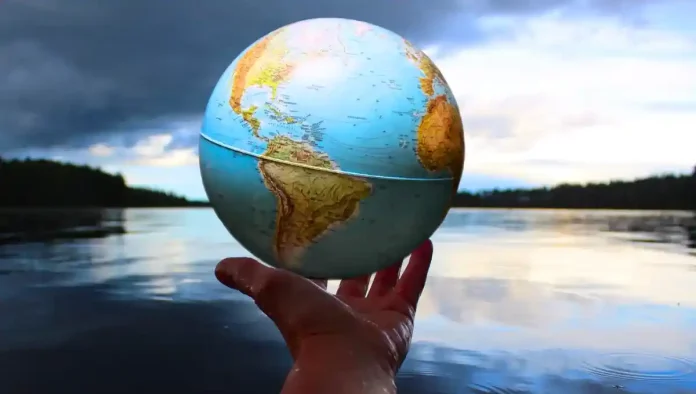Global water resources are an essential resource for all living beings, and it is critical for human survival. Despite being a renewable resource, water scarcity is becoming a global concern due to various reasons such as population growth, climate change, and pollution. The world’s population is projected to reach 9.7 billion by 2050, and this will lead to an increase in water demand. In this article we aim to explore the current state of global water resources, the challenges associated with it, and potential solutions to address the issue.
Current State of Global Water Resources
According to the United Nations (UN), more than two billion people worldwide lack access to safe drinking water. Additionally, over 4.2 billion people lack access to safely managed sanitation services. The situation is worse in developing countries, where many people are forced to rely on contaminated water sources for their daily needs, leading to the spread of water-borne diseases.
Furthermore, the UN estimates that by 2025, half of the world’s population will be living in water-stressed areas. The increasing demand for water resources, coupled with climate change, is likely to exacerbate the situation. Climate change is causing changes in precipitation patterns, melting glaciers, and rising sea levels, leading to increased water scarcity in many parts of the world.
Challenges Associated with Water Resources
One of the significant challenges associated with water resources is pollution. The discharge of industrial waste, untreated sewage, and agricultural runoff has led to the contamination of many water sources worldwide. According to the World Health Organization (WHO), more than 80% of wastewater generated globally is released into the environment without being treated.
Water scarcity is another significant challenge facing many countries worldwide. It is estimated that by 2040, almost a quarter of the world’s population will be living in areas where water resources are insufficient. The increasing demand for water resources, coupled with climate change, is likely to exacerbate the situation.
The agricultural sector is the largest consumer of water resources worldwide, accounting for 70% of global water withdrawals. The sector’s inefficient use of water resources has led to significant losses due to evaporation, seepage, and over-irrigation.
Potential Solutions
The global water crisis requires a coordinated effort by governments, private sector organizations, and civil society to address the issue. Several potential solutions can help to improve the current state of global water resources. These include:
Improving water management practices
Governments and private sector organizations should implement policies and practices that promote efficient water use in various sectors. This includes implementing water conservation measures, investing in modern irrigation techniques, and reducing water losses due to leaks and evaporation.
Investing in water infrastructure
Governments should invest in water infrastructure such as dams, water treatment plants, and pipelines to improve access to safe drinking water and sanitation services.
Promoting water conservation behavior
Individuals can play a significant role in conserving water resources by adopting simple measures such as reducing shower time, fixing leaky faucets, and using water-efficient appliances.
Developing new technologies
The development of new technologies such as desalination, water harvesting, and water reuse can help to increase the availability of water resources in water-scarce areas.
Conclusion
Water is a precious but scarce resource, and the current state of global water resources requires urgent attention. Governments, private sector organizations, and civil society must work together to address the challenges associated with water resources. By implementing sustainable water management practices, investing in water infrastructure, promoting water conservation behavior, and developing new technologies, we can ensure that future generations have access to safe and adequate water resources.
